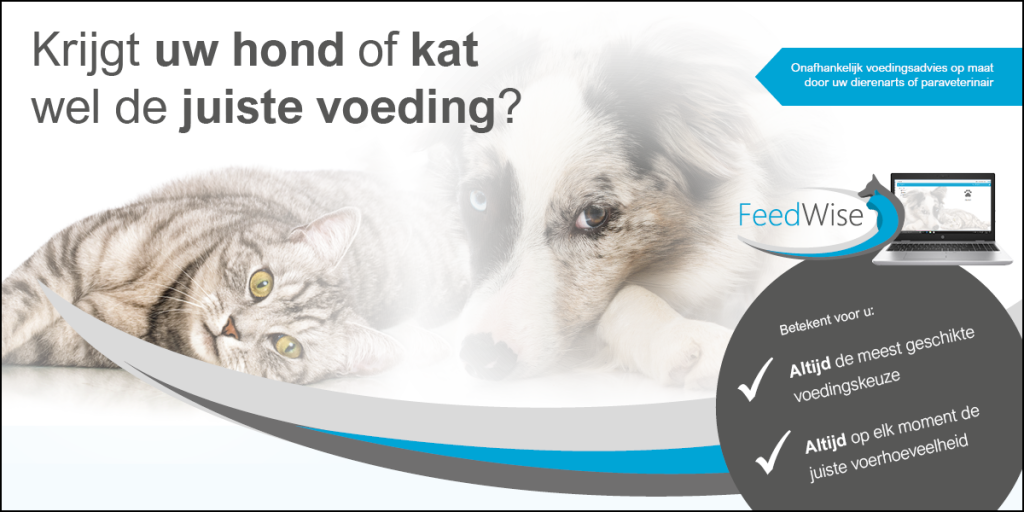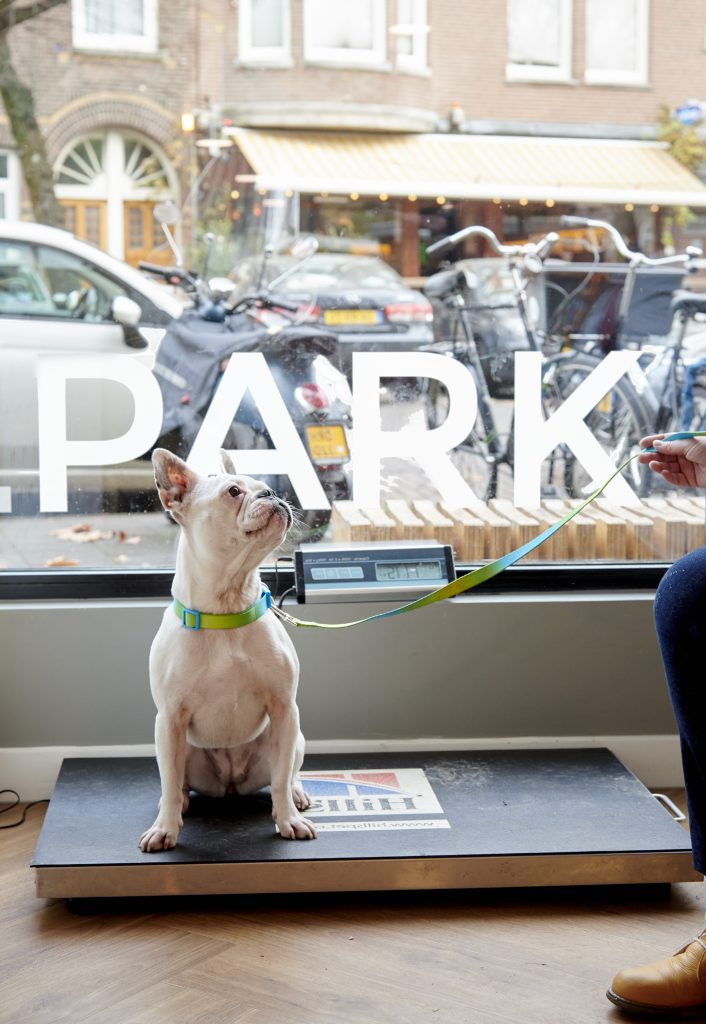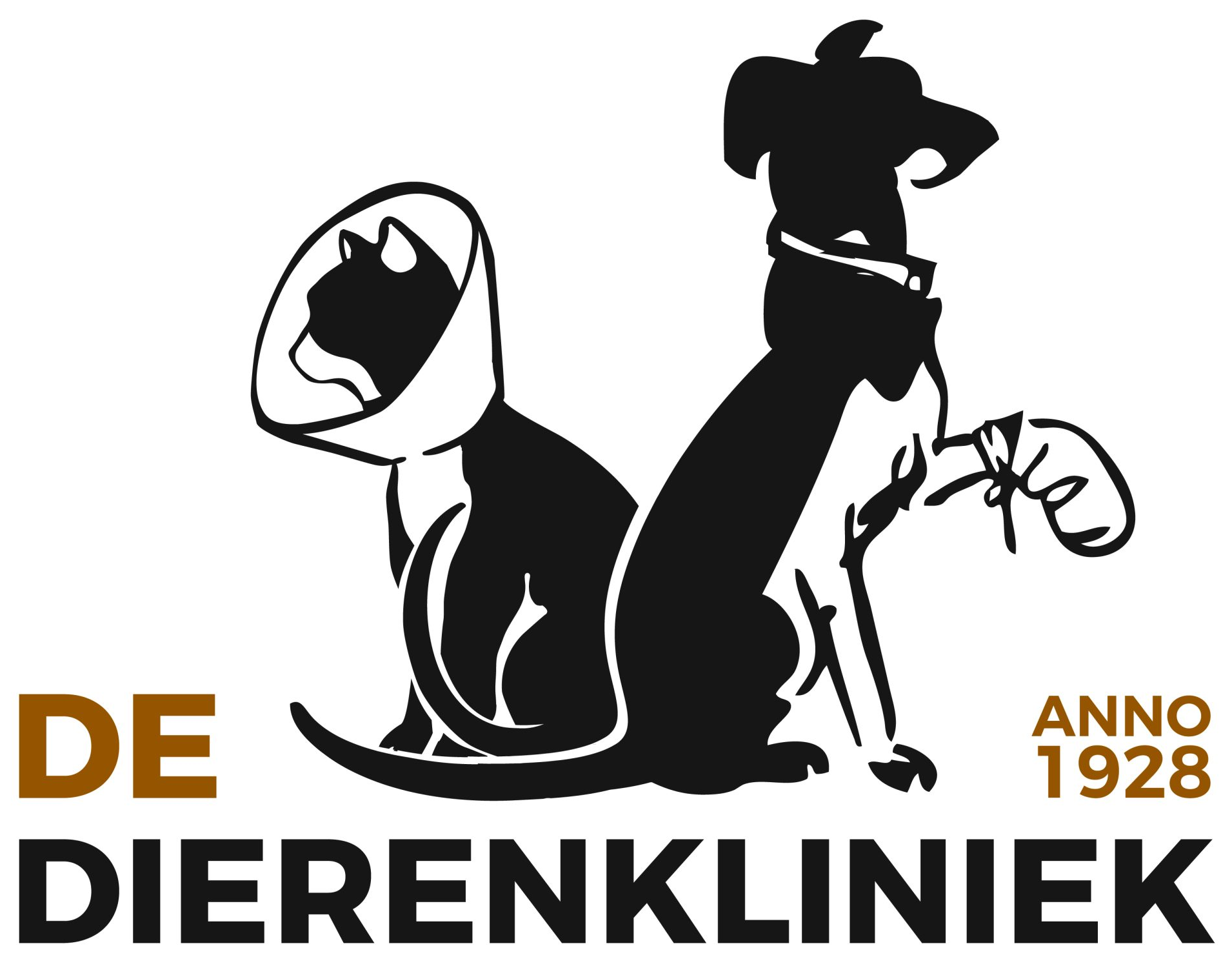Nutritional advice for your dog
What does your dog eat?
Nutrition plays a very important role in your dog’s health and well-being. Besides the importance of a good daily diet, there are also different types of food that help treat a disease. Consider problems such as osteoarthritis, obesity, bladder problems or skin problems. Also, each phase of a dog’s life requires a different diet. For example, puppies need a different composition of nutrients than a senior dog.
Personal nutritional advice
What diet does your pet actually need? The supply is enormous and as an owner it is often very difficult to make a responsible choice. What should you really pay attention to? Our nurses Kelly de Klerk and Nicole van den Dolder are qualified nutritionists and are here to answer all your questions regarding your pet’s diet and preventive food. They can give you personal advice on the best diet for your dog and the amount of food you can give your pet.
Feedwise
At De Dierenkliniek, we work with Feedwise. Feedwise is an independent online calculation program, developed by one of the two Dutch veterinary nutrition specialists, that makes it possible to recommend an appropriate diet and amount of nutrition for every animal in every stage of life and with every condition (or combined conditions).
Together we will work with you to find the diet that fits best for you dog and for you. We monitor progress and, if necessary, make adjustments along the way. We are very happy to have been able to make this happen and look forward to supporting you and your pet in the sometimes frustrating search for the right diet. Read more about our customized nutrition programs.

Overweight in dogs
Obesity in dogs is a common problem and poses serious health risks. According to research, at least 35% of dogs in the Netherlands are overweight. We therefore have all the knowledge to help keep your pet at or bring him/her to a healthy weight.
Risks of obesity in dogs

Overweight dogs face the following risks:
- Bad shape & too little exercise
- Increased risk of diabetes
- Bone and joint problems such as osteoarthritis and arthritis
- Increased risk of cardiovascular disease
- Increased risk of lung problems
- Increased anesthesia risk
Causes of obesity in dogs
There are a number of factors that can cause dog obesity. The most common are:
- Too much nutrition
- Snacks
- Not enough physical activity
- Predisposition to get fat in certain breeds
- Change in metabolism due to spaying or neutering
- The use of medication
Tips on how to make your dog lose weight
- Make sure your dog gets more exercise
- Divide the food into multiple smaller portions a day
- Have a nutritionist calculate the calorie amount the dog should be getting daily
- Use a special food bowl or snuffle mat, which causes the dog to take longer to eat his food; this can make him feel satiated longer
- Be careful with snacks, these often contain more calories than regular food
- Agree that one person in the household feeds the dog so that you stick to the recommended amount and the dog does not accidentally ingest double the amount of food
Losing weight too quickly is not good, so take your time and be patient!
If you have any questions about your dog’s diet and/or weight, please do not hesitate to contact us. And of course you can always stop by one of our clinics to weigh your dog – you don’t need an appointment for this.

